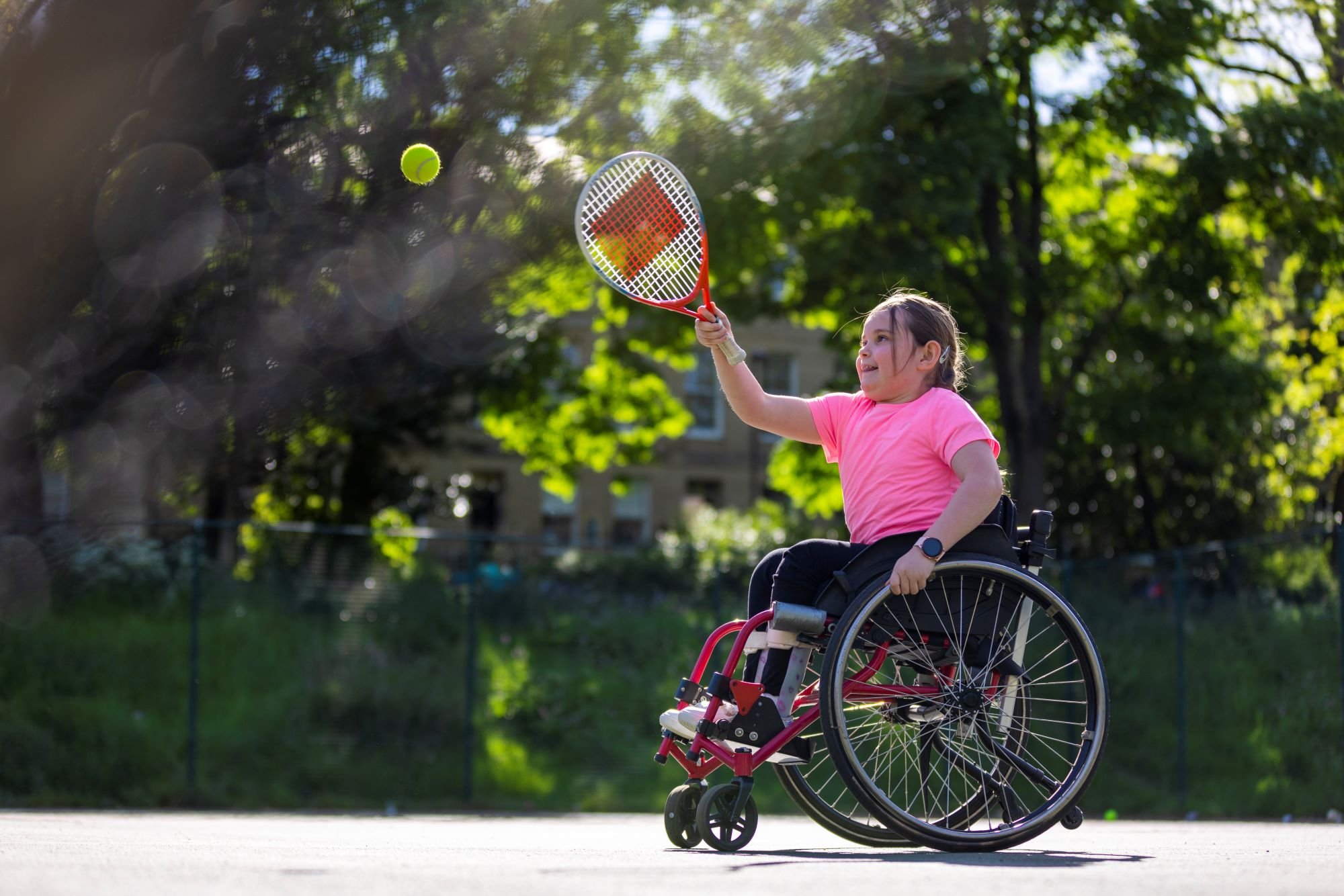
Research
At The Lilly and Blair Foundation, we’re driving urgent research to find a treatment or cure for de novo SPG4, a progressive neurodegenerative disease affecting young children. Our approach is collaborative, science-driven, and focused on accelerating the path to clinical trials.
We fund and connect promising efforts across multiple research areas, including gene therapy, drug repurposing, ASOs, and more.
Our Research Focus Areas
We group our work into three main pillars that reflect both our current investments and the broader path to treatment.
Therapeutic Development
Research aimed at directly treating the root cause of SPG4 or reducing its effects.
-
We are advancing a mutation-agnostic gene therapy approach for SPG4 that aims to restore function of the SPAST gene. This AAV-based therapy is being developed in collaboration with multiple academic and industry partners and holds potential to benefit a wide range of SPG4 patients, including de novo pediatric cases.
LEARN MORE » -
In partnership with institutions and biotech leaders like Unravel, researchers are using 3D brain organoids derived from SPG4 patient samples to study disease mechanisms and screen for existing FDA-approved compounds that may offer therapeutic benefit.
We are working with Drexel University to test HDAC inhibitors, which have shown potential to restore axonal transport in SPG4 models.
We are also tracking AKV9, a small-molecule drug being test for ALS that may have future relevance to pediatric SPG4.
-
ASOs are short strands of RNA designed to alter gene expression. Researchers are exploring ASOs to either boost SPAST expression or reduce toxic byproducts. We are actively working to identify the right research collaborators to accelerate this promising approach.
Status: Humanized SPG4 mouse model in progress. ASO work will begin upon delivery.
-
One of the earliest therapeutic efforts focused on reducing toxic protein fragments in SPG4 was initiated by our partners at Cure SPG4. With their support, researchers in the lab of Dr. Peter Baas at Drexel University developed and tested a novel M1 antibody that may help mitigate toxicity in SPG4 cellular models. While still early-stage, this work opens the door to targeted antibody-based therapies.
Modeling and Testing Platforms
Foundational work that enables testing of therapies in the lab and in living organisms.
-
We’ve funded the creation of a next-generation mouse model carrying the R499H mutation. Created by Cyagen and delivered to Dr. Peter Baas at Drexel University, this model is essential for evaluating gene therapy, ASOs, and other approaches in a whole-body context.
LEARN MORE » -
Using skin or blood samples donated by families, scientists can generate induced pluripotent stem cells (iPSCs) and develop 3D brain organoids. These human-relevant systems help researchers study disease mechanisms and test candidate therapies, including small molecules and gene-based tools.
Clinical Trial Readiness and Supportive Interventions
Initiatives that prepare the field for future trials and improve patient outcomes.
-
Identifying measurable indicators of disease onset and progression is critical for evaluating whether therapies are working. We are working with researchers to identify key biomarkers that can serve as clinical trial endpoints and improve diagnosis.
-
In parallel with pharmaceutical approaches, we are exploring alternative interventions that may benefit SPG4 patients, including:
• Neurostimulation therapy
• Exercise therapy
• M1 antibodies and intrabodies
• Kinesin-5 inhibitors
• Combinatorial approaches
Research Participation
These initiatives offer ways for families to contribute to the growing body of knowledge about SPG4.
-
Pediatric Natural History Study and SP-CERN
Run by Boston Children’s Hospital in coordination with SP-CERN, this study collects detailed clinical data and biosamples from younger patients (≤30 years) with early-onset SPG4 (symptoms before age 18 and genetic confirmation of SPAST mutation). Unlike the broader SP‑CERN Registry and Biorepository—which includes participants of all ages across multiple sites—this study tracks long-term progression in young people, identifies clinical trial endpoints, and builds a foundation for future therapies. -
SP-CERN Registry and Biorepository
The Spastic Paraplegia–Centers of Excellence Research Network (SP‑CERN) is a collaborative effort across ten U.S. centers, backed by the Spastic Paraplegia Foundation and leading physician–scientists. Through SP‑CERN, patients contribute medical history and biosamples to a centralized registry, biobank, and genomic archive—helping to raise visibility of early-onset SPG4, improve natural-history studies, and support multi-institutional research. -
SPG4 Biobank (Coriell Institute)
We encourage families impacted by SPG4 to participate in the Coriell Institute’s NIGMS Repository—an international biobank advancing research for SPG4 Hereditary Spastic Paraplegia. Samples from this program have already been used by researchers at Drexel University to create SPG4 brain organoids—3D models that help uncover disease mechanisms and test potential treatments. By donating a blood or skin sample (whether you’re an affected individual or an unaffected parent or sibling) you directly support critical research. Learn more or contact NIGMS@Coriell.org. -
HSPseq Genomic Sequencing Initiative
Led by Boston Children’s Hospital, the HSPseq study is working to uncover the genetic causes of childhood-onset spasticity and better define the full spectrum of Hereditary Spastic Paraplegia. By combining clinical data with advanced genomic sequencing, the study aims to improve diagnosis, identify new genes, and guide future treatment strategies. Children and young adults (ages 1 month to 30 years) with a clinical diagnosis of progressive spasticity are eligible to participate. Whether your child has a known or unknown genetic diagnosis, this initiative is helping build the path to earlier answers and personalized care.
Research Collaborations
-

Darius Ebrahimi-Fakhari, MD, PhD
-

Peter Baas, PhD
Liang Oscar Qiang, MD, PhD
Emanuela Piermarini, PhD -

Miguel Sena-Esteves, PhD
Heather Gray-Edwards, DVM, PhD -

Anjon Audhya, PhD
Molly Lettman, PhD
Foundation and Industry Partners

Together We Can
Time is not on our side, but we hope you will be.






